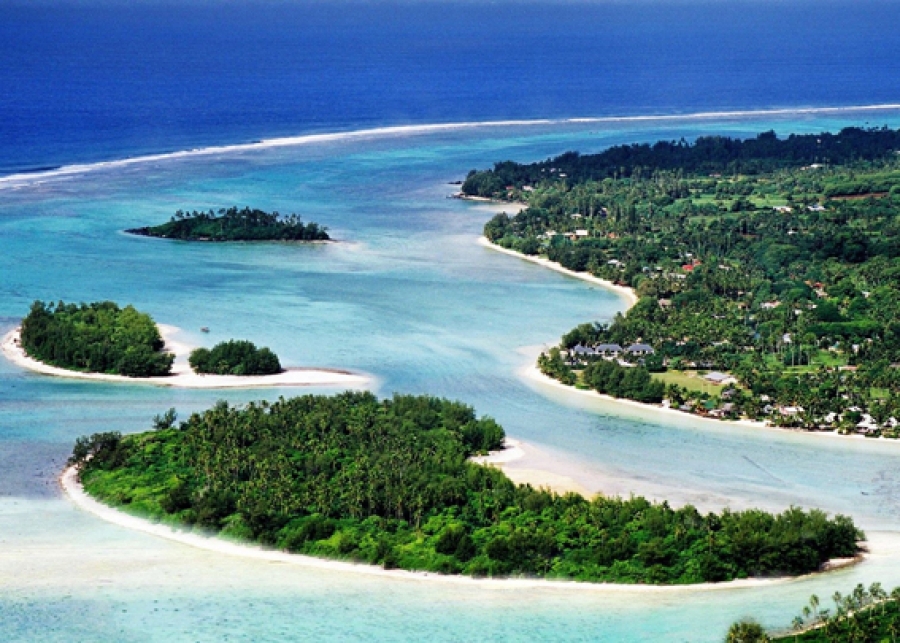Cabinet approves policy to manage local environment
Friday 20 January 2023 | Written by Rashneel Kumar | Published in Environment, National

Led by National Environment Service (NES), the Policy is a centrepiece document that binds NES’ commitment to protecting the environment at the national level. 16121136
An environment policy with vision for a clean, green and sustainable Cook Islands was approved by Cabinet this week.
The National Environment Policy (NEP) 2022-32 was approved on Tuesday following an extensive period of public and stakeholder consultations since 2019.
Led by National Environment Service (NES), the Policy is a centrepiece document that binds NES’ commitment to protecting the environment at the national level.
The NEP 2022-32 outlines the course of actions required to protect, conserve and manage the Cook Islands environment.
According to the Policy it will drive stronger collaboration and partnerships based on a holistic approach to national planning that integrates environmental concerns.
The Policy provides a framework that guides the development and implementation of a new Environment Act to repeal the 2003 Act and meet the current and emerging needs of the environment sector.
There are six environmental policy objectives and instruments outlined in the NEP 2022-32 based on:
- Land – Effective land-use planning for sustainable development,
- Marine – Protect and conserve the marine environment for sustainable oceans, lagoons and marine resources,
- Biodiversity – Conserve threatened plants and animals, and ensure sustainable use of biodiversity,
- Air and climate change – Clean air is essential to our environment. Mitigate and adapt to the impacts of climate change,
- Water – Effective management of water resources for a healthy environment and water security, and
- Waste – The impact of waste on the environment must be managed effectively.
According to NES, environmental degradation will likely escalate within the next decade as the impacts of climate change intensify.
“Therefore, the implementation of the NEP 2022-32 will be critical in addressing the environmental concerns and challenges faced by the Cook Islands.
“The necessary legal and institutional frameworks outlined in the policy instruments will deliver the tools required to ensure the Cook Islands' environment is protected and will sustain the next generations.”
Newly appointed Minister of Environment, Albert Nicholas, stressed the importance of the NEP 2022-32 to strengthen the country’s commitment to the environment.
“This policy covers the broad mandate of the Environment Act 2003 while stating the necessary policy instruments that will modernize the laws of the environment in the Cook Islands,” Nicholas said.
“It clarifies the role of NES and how we can be fit-for-purpose in today’s changing landscape.”
NES director Halatoa Fua expressed his gratitude to all those that have contributed to the development of the NEP 2022-32 and thanked the Minister and Cabinet for their consideration.
Halatoa noted “we are pleased with the outcome of this Policy as it is testament to the hard work of the NES staff who have been instrumental in this planning for a Ipukarea Tumanava.” Fua further states “NES is ready to translate this into legislation and will be seeking support from agencies in implementing this going forward.”
The development of the National Environment Policy began in July 2019 with a comprehensive gaps analysis of existing legislation, policies and regulations relating to environmental management.
Consultations followed to include discussions on governance and environmental impact management on land, marine, biodiversity, water, air and climate change, and waste.
There were more than 120 consultations conducted with Pa Enua communities, Government agencies, Aronga Mana, and Non-Governmental Organisations. External expertise was obtained from the Secretariat of the Pacific Environment Programme (SPREP), the Pacific Community (SPC), BECA Group, Tokin and Taylor and the Commonwealth Secretariat.












































